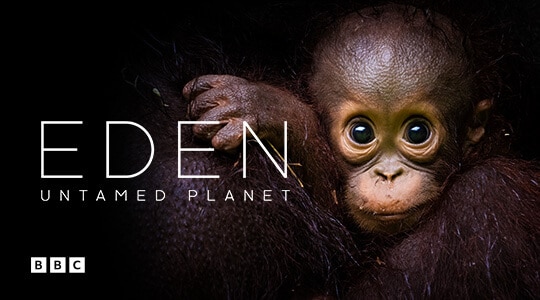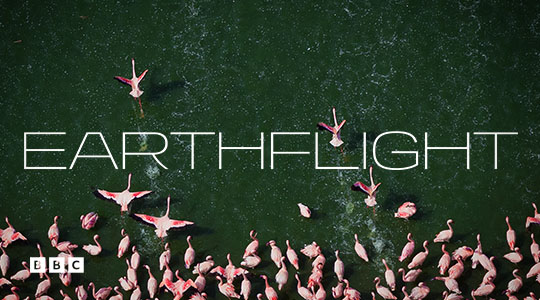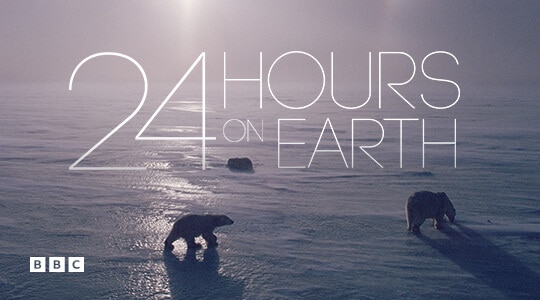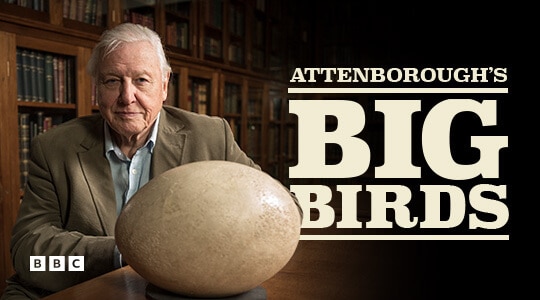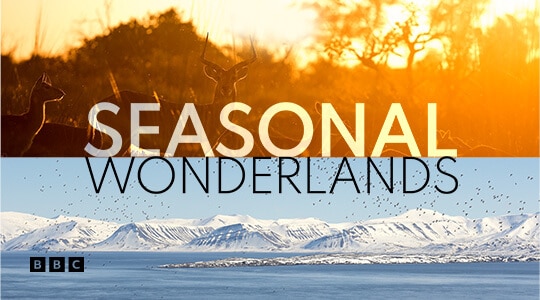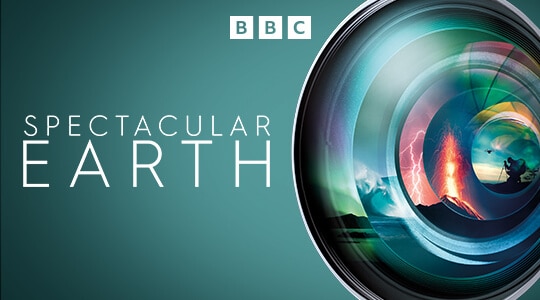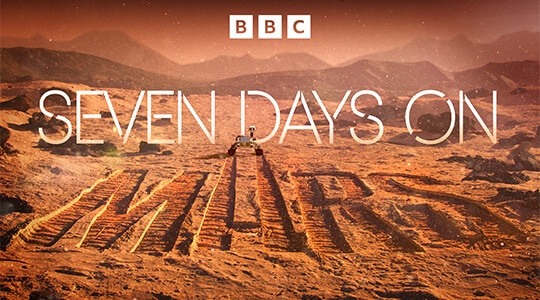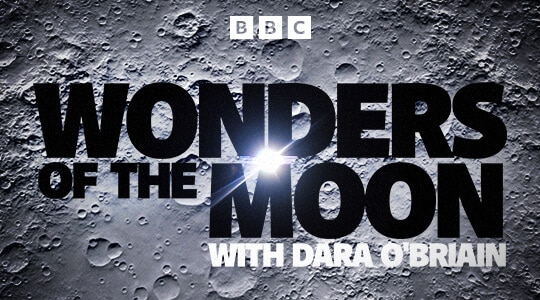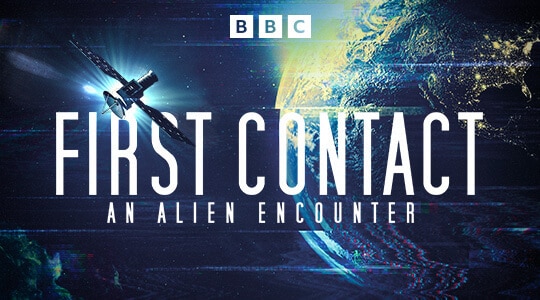Ancient Earth
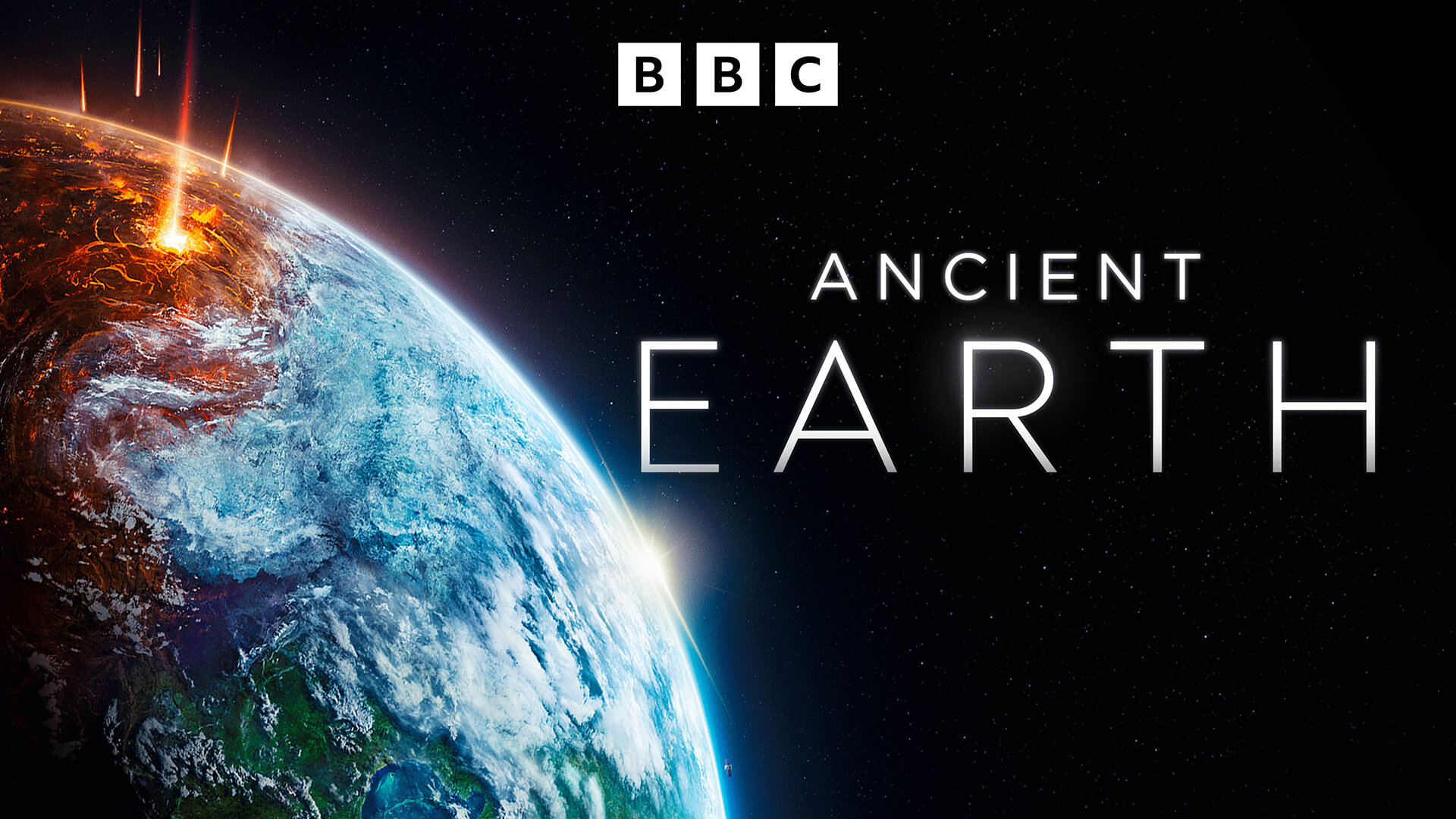
How did Earth transform from a barren rock with no atmosphere into a lush, green, watery planet filled with life? From massive asteroid bombardments to extreme changes in climate and collisions of whole continents, this thrilling documentary takes viewers on a journey through our planet’s most astonishing ancient history, beginning with its early years as a volcanic hellscape to the rise of humans.
Watch Ancient Earth and more acclaimed documentaries on BBC Select today. Restrictions apply*.
Ancient Earth on BBC Select
Episode 1: Birth of the Sky
4.5 billion years ago, Earth was a very different place. How did our blue sky come to be?
Today, Earth is enveloped by a thin veil of gas, a narrow band of atmosphere that protects a world covered in lush green vegetation, deep blue oceans and abundant life. But 4.5 billion years ago, Earth was a very different place; a hellscape of molten lava and barren rock, under relentless bombardment from meteors, and with no atmosphere whatsoever. So how did our familiar blue sky come to be?
Episode 2: Frozen
Ancient Earth was once a giant snowball cloaked in ice. How did life survive and thrive?
700 million years ago, Earth was a giant snowball cloaked in ice from pole to pole. This global freeze threatened the survival of the earliest complex organisms. How did life manage to exist in this forbidding world? This mind-blowing documentary investigates how this catastrophe may have become a catalyst for life to evolve in creative new ways as it bounced back from the brink.
Episode 3: Life Rising
How did organisms make the leap to land? Scientists explore how the earliest life emerged.
For billions of years, life teemed in the oceans of planet Earth while the land was desolate and inhospitable. So how did life make the leap to land? This documentary explores how some of the earliest life emerged and invaded a barren, rocky landscape, eventually transforming it into a verdant, green world. Once organisms escaped the oceans, they fundamentally altered the very ground they grew on.
Episode 4: Inferno
252 million years ago, the most devastating mass extinction of all time took place.
252 million years ago, the most devastating mass extinction of all time abruptly wiped out around 90% of all species on Earth. The biggest volcanic eruptions the world had ever seen, emitted some 700 thousand cubic miles of magma and rock. The event, now called The Great Dying, came close to wiping out all life on the planet. How did the surviving organisms avoid this apocalypse?
Episode 5: Humans
How exactly did a dinosaur-filled Earth give rise to primates and, eventually, humans?
The story of Earth can only be told because now, 4.5 billion years into its existence, a technological and self-aware animal species roams its surface. As this documentary reveals, a cataclysmic asteroid strike wiped out the dinosaurs, leading to tumultuous changing climates that allowed early primates to spread across the planet. This led the way for humanity to evolve and dominate the Earth.
More documentaries you might like...
Science documentaries
Science and mathematics keep presenting opportunities for us to understand and shape the world in new ways.





